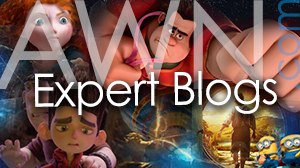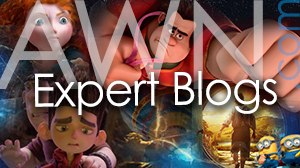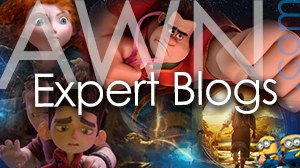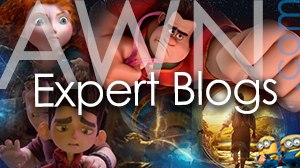Ed Hooks's Recent Posts
'Rise of the Guardians' – Why Did It Flop?
“Rise of the Guardians” is almost as big a flop as “Mars Needs Moms”. What is wrong with this picture? Ed Hooks takes a look and points to significant animation industry trends.
What's Wrong with 'Wreck-It Ralph'?
Ed discusses his problems with Wreck-It Ralph as well as the issues of "empathy," "sympathy" and animators as actors with pencils.
The Artist and the Politician
Ed Hooks celebrates the role of the artist in a divisive and politically hostile environment. A presidential campaign stresses our differences; art seeks common goals.
Animators – The Next Generation
We have enough people that can do hat tricks with computers. What we need are a few visionaries and dreamers.
The Significance of 'Rango'
Rango opens the door for U.S.-made animated features for adults. Ed explains why acting styles are evolving from the Disney silent film model to the 1950’s Method acting model.
Empathy Matters
Suddenly, books and on-line discussions about empathy are popping up like spring flowers. Since performance animation is all about establishing a sense of empathy with the audience, Ed Hooks weighs in.
The Willing Suspension of Disbelief
Ed Hooks (Acting for Animators) discusses the willing suspension of disbelief in theatrical transactions.
What’s Wrong with 'The Illusionist?'
Ed Hooks explains why Sylvain Chomet’s The Illusionist is a frustrating near miss. The lack of dialogue is not the biggest problem with the film. More significantly the girl’s character is not fleshed out.
The Younger the Audience, the More Obvious the Performance
Most major animated feature films today are designated “Family” films. But a family is comprised of a number of individuals of different ages and life experiences. Is there really such a thing, really, as a “Family” film? After all, Walt Disney did not make “Family” movies like those we see today. He made movies for kids, and then charmed the adults into coming also. Ed Hooks takes a look at these issues and how they impact on performance animation.
Why Do You Animate?
The decision to be a professional artist is unlike any other. There is no single well-trod path to success and, anyway, how is success measured when it comes to an art? Is it a dollar amount? Is an animator who worked on, say, “Up” more successful than one who worked on, say, “Waltz with Bashir” or “Triplets of Belleville” or the game “Fable II”?Or perhaps you consider animation to be a craft more than an art? Why do you animate?
Acting vs. Moving Illustrations
Ed explains the necessity of action, objective and obstacle in performance animation. Moving illustrations are not the same thing as acting. Acting means the character is actually doing something.
Welcome to Ed Hooks – Acting for Animators
Ed Hooks kicks off his expert blog on AWN by talking a bit about the genesis of his work teaching acting to animators as well as inviting readers to pose questions or comment about their experiences dealing with subjects like the connections between thinking, emotion and physical action.



































